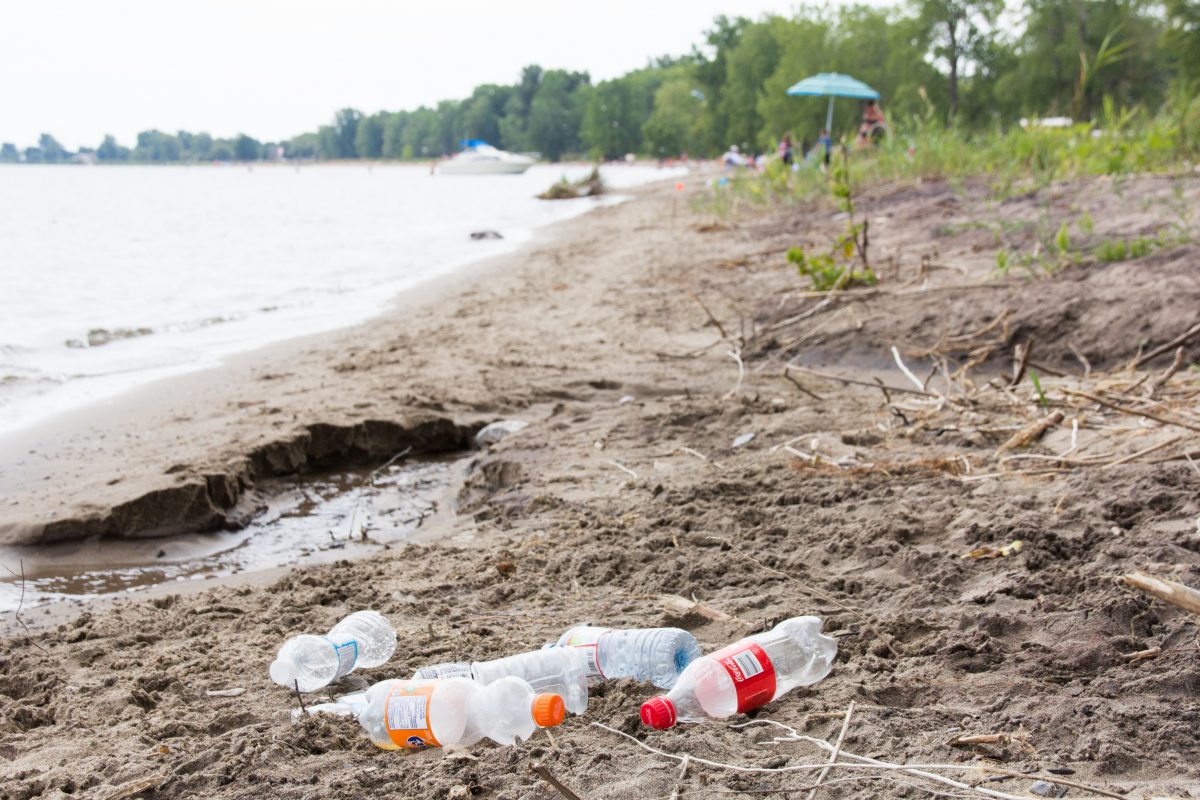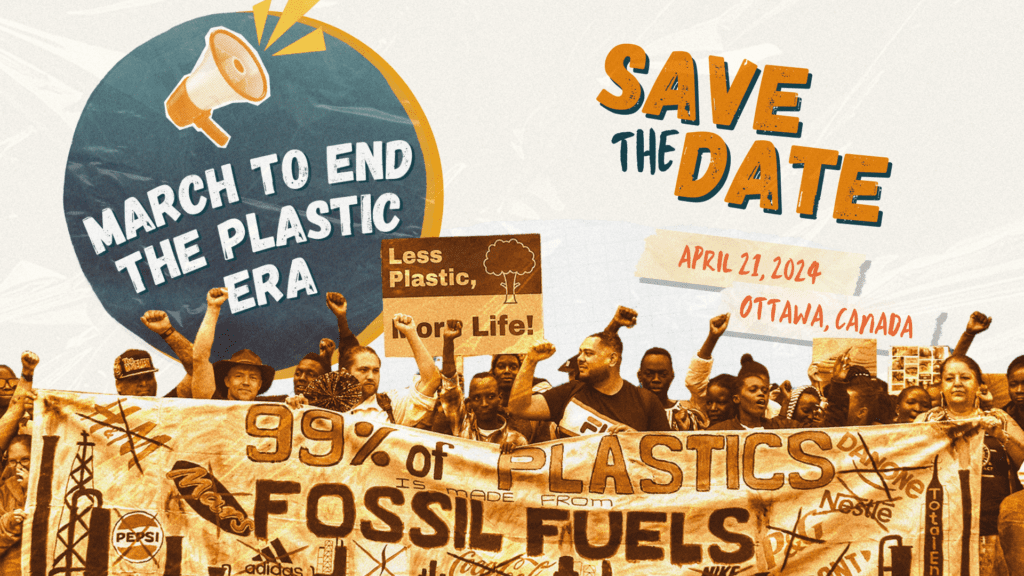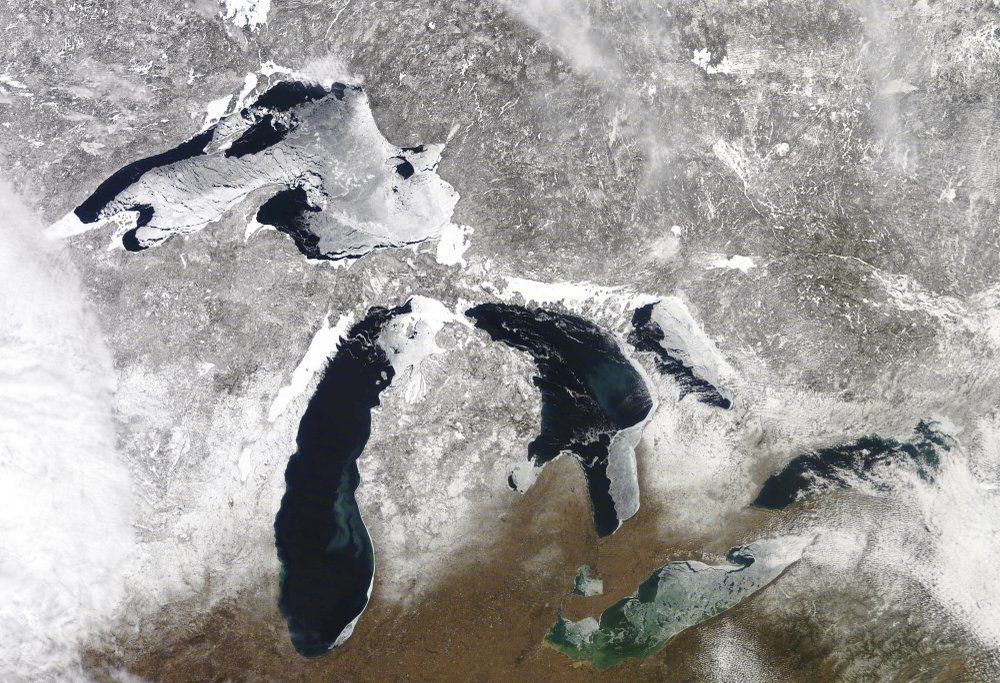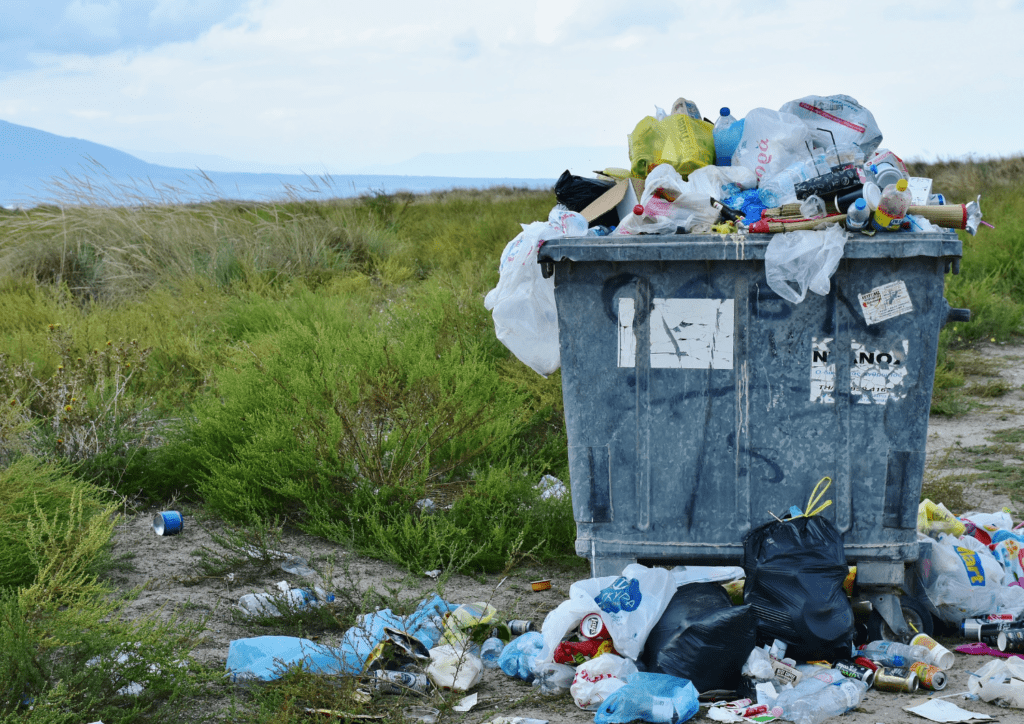Earlier this week, Scotland took a huge step towards reducing plastic pollution.
The Scottish government announced they will design and introduce a deposit return program for beverage containers. There is no doubt about it – this win resulted from the sustained campaign and tireless efforts of activists.


Plastic pollution is a local and global concern.
The World Bank estimates there will be more plastic than fish in our oceans by 2050. One significant contributor is plastic bottles.
More than 20,000 plastic bottles are sold around the world every second. That adds up to an estimated 500 billion bottles every year. In 2016, less than half of those bottles were recycled. The rest were left to pile up in the environment, and landfills.
In Ontario, the situation isn’t all that different. The concentration of plastic in the Great Lakes rivals what scientists are finding in the world’s oceans. About 10,000 tonnes of plastic are dumped in the Great Lakes every year, and plastic bottles and caps are two of the most commonly collected items at shoreline clean-up events.
The solutions are similar too. Ontario is one of only two provinces (the other is Manitoba) without a deposit return program for plastic bottles. As a result, it has the lowest plastic bottle recycling rate in the country.
Other provinces recycle as much as 82 per cent of their bottles. But Ontario recycles less than half. That means about 1.5 billion bottles end up in landfills or as litter every year. If Ontario adopted a deposit system, we could easily cut that number in half.
It’s time for Ontario to learn what numerous other jurisdictions already know, and what Scotland has just acknowledged: deposit return programs are the best practice when it comes to curbing the flow of plastic into our lakes, rivers, and oceans. It’s time for Ontario to step up and adopt a deposit return program for plastic bottles.
If you agree, sign our petition asking the province to Cash It! Don’t Trash It!






